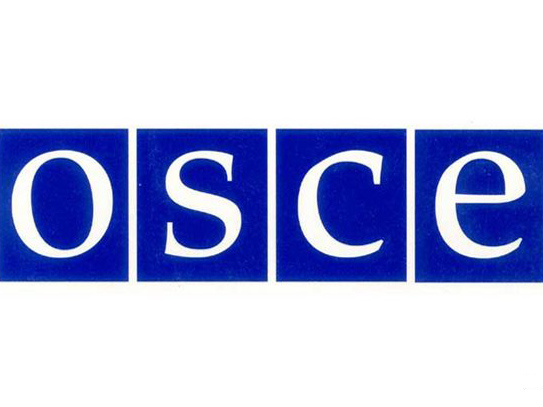Baku, Azerbaijan, Feb. 2
By Elchin Mehdiyev - Trend:
It is time for Azerbaijan to officially reconsider the composition of the OSCE Minsk Group countries and to put the issue of its extension for discussion, Azerbaijani MP, chairman of the Council of State Support to NGOs under the Azerbaijani president Azay Guliyev said at the first plenary meeting of the spring session of the parliament Feb. 2.
"Azerbaijan has been making its remarks to the OSCE Minsk Group co-chairing countries for 20 years," he said. "But, unfortunately, their composition has not had a positive impact on the settlement of the Nagorno-Karabakh conflict."
Guliyev said that Azerbaijani President Ilham Aliyev paid a successful visit to Germany on January 21. During this visit Chancellor Angela Merkel pledged her country's support in the Nagorno-Karabakh conflict settlement.
Guliyev said that it is necessary to take a moment and to raise the issue of Germany's joining the OSCE Minsk Group co-chairing countries.
"The second proposal is to include Turkey in this format, which is a strong country in the region," he said.
Guliyev said that Turkey has certain opportunities that may influence resolving of this issue.
He also recalled about Turkey's statement that the opening of the borders with Armenia depends on the Nagorno-Karabakh conflict settlement.
"I think that until recently, all three co-chairing countries of the OSCE Minsk Group supported Armenia," he said. "Therefore, it is necessary to reconsider the composition of the Minsk Group to create a balance to ensure a fair position. I plan to raise the issue at the PACE winter session."
The conflict between the two South Caucasus countries began in 1988 when Armenia made territorial claims against Azerbaijan.
As a result of the ensuing war, in 1992 Armenian armed forces occupied 20 percent of Azerbaijan, including the Nagorno-Karabakh region and seven surrounding districts.
The two countries signed a ceasefire agreement in 1994. The co-chairs of the OSCE Minsk Group, Russia, France and the US are currently holding peace negotiations.
Armenia has not yet implemented four UN Security Council resolutions on the liberation of the Nagorno-Karabakh and the surrounding regions.
Edited by CN






